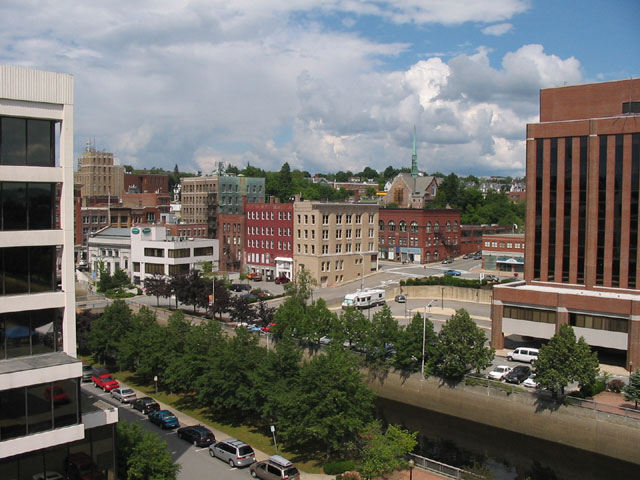
Strangely enough, the Boston mayoral race now resembles an episode of the WWF's "Monday Night Raw." After finishing third in last week's primary, knocking him out of the race, City Councilor Sam Yoon has joined forces with the second-place finisher, fellow Councilor Michael Flaherty, to form a tag-team against Mayor Menino.
This is a wise strategy from one perspective. Menino only earned about 51 percent of the vote in the primary. With Menino's two most potent challengers joining forces, for the first time there's a realistic chance that he'll be toppled. Of course, this depends on Yoon's and Flaherty's followers finding the other as appealing. But if they didn't vote for Menino the first time in a nonpartisan election, they probably won't vote for him given a second chance.
This is a hilarious strategy from any other perspective. The idea of a mayoral ticket has never existed before, and it certainly left Menino flabbergasted (“What do you mean ticket?’’ he told the Globe). More than anything else, it reminds me of a WWF wrestler rushing to the ring from backstage in the middle of a fight, to illegally beat up on a wrestler who he "hates." The referee hopelessly starts ringing the bell to signal the match is over. The crowd starts booing or cheering. Jim Ross shouts, "Wait, that's the Mad Dog's music! What is he doing here?!" Too funny.
Even in the above photo from today's Globe, where they're triumphantly raising each other's arms, Yoon and Flaherty look like they should be in tights and greased in palm oil. That doesn't mean I wouldn't vote for them, though, if I had the option. In fact, maybe I would solely because of this maneuver.
Update: The Herald has taken to calling the Flaherty-Yoon duo "Floon," which I can only assume is an attempt to discredit them. That's somewhat surprising considering the Herald has never been kind to Menino, but then, the paper's general MO is saying no one ever does anything right. Not sure how anyone can live like this, but the Herald's newsroom manages it.



